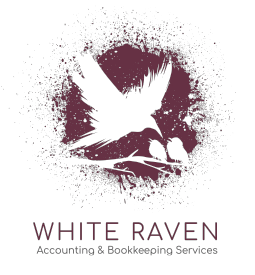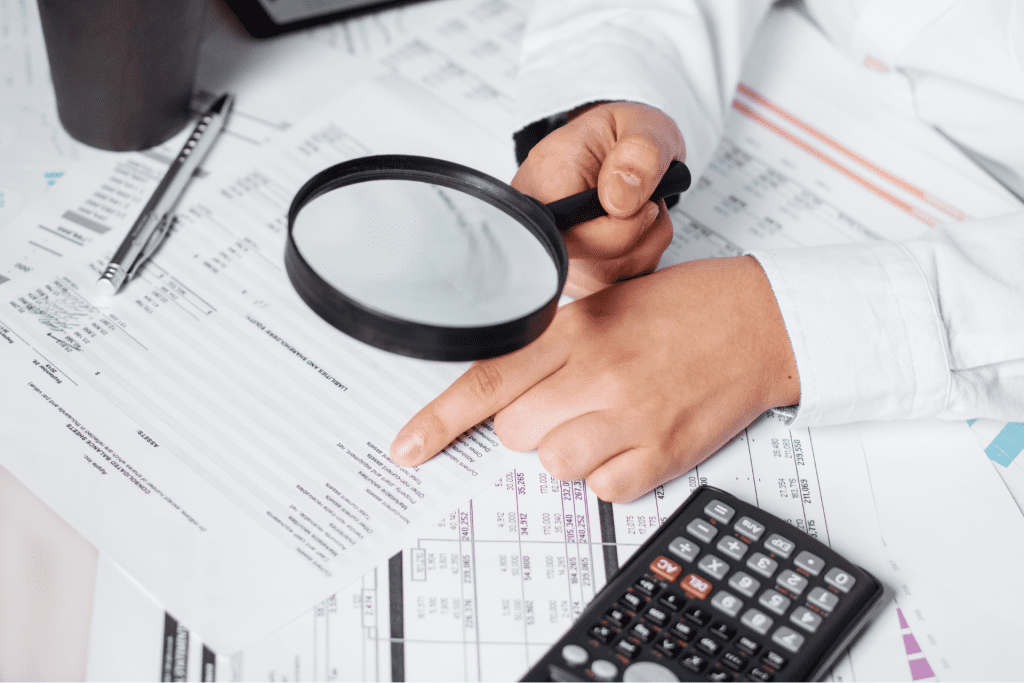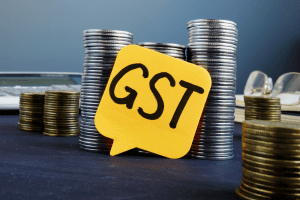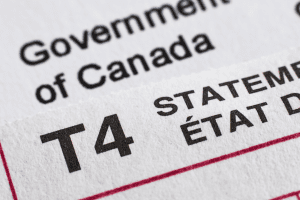Many Canadians worry about what triggers a CRA audit, especially small business owners, incorporated professionals, and freelancers who manage their own books. While some audits are randomly selected, most stem from patterns or errors in your tax return that raise red flags with the Canada Revenue Agency (CRA).
A CRA audit can feel intimidating, but with the right knowledge and preparation, it doesn’t have to be. In this post, we’ll break down what a CRA audit actually is, what triggers a CRA audit, which industries are more likely to be targeted, and most importantly, how to minimize your chances of being selected.
What Is a CRA Audit?
A CRA audit is a detailed examination of your tax filings and supporting financial records conducted by the Canada Revenue Agency. The goal is to verify that the information you’ve submitted is accurate and that you’ve complied with Canadian tax laws.
A CRA audit is more thorough than a simple review or a request for clarification. During an audit, the CRA may request access to:
- Bank statements
- Receipts, invoices, and logs for expenses
- Payroll records
- Shareholder loan details
- Financial statements and tax filings for multiple years
CRA audits can apply to individuals, corporations, and trusts. You may be selected either at random or due to suspicious or inconsistent reporting. Understanding what a CRA audit is and what to expect can help you stay calm and organized if you’re ever contacted.
What Triggers a CRA Audit?
Understanding what triggers a CRA audit can help you avoid common mistakes that may increase your risk. The CRA uses automated tools and internal risk models to flag returns that show signs of potential non-compliance.
Some of the most common CRA audit triggers include:
- Large or unusual deductions that don’t align with your income or industry
- Consistently reporting business losses over multiple years
- Unreported income, especially for cash-heavy businesses like restaurants or contractors
- High vehicle or home office claims without adequate justification
- Large charitable donations that seem out of proportion
- Discrepancies between tax slips and what you report
- Frequent changes in how income or expenses are reported
- Shareholder loans not repaid on time, which may be considered taxable income
These audit triggers don’t guarantee you’ll be audited, but they significantly increase your chances. Overstating expenses, misreporting income, or making frequent adjustments from year to year are all common errors that can draw CRA attention, especially when combined with other poor financial habits small business owners often fall into.
Industries More Likely to Be Audited by the CRA
While any taxpayer can be audited, certain industries tend to receive more scrutiny due to the nature of their income or the frequency of cash transactions. These sectors often have higher risks of unreported earnings or inflated deductions, which puts them on the CRA’s radar more often.
Industries likely to be audited by CRA include:
- Construction and skilled trades
- Restaurants and food service
- Auto repair and detailing shops
- Real estate agents and property managers
- Freelancers, consultants, and gig economy workers
- E-commerce businesses and online sellers
Accurate, well-organized books are your first line of defense. Beyond just audit prevention, strong bookkeeping practices can also improve profitability and save your business money over the long term by making your finances easier to manage.
How to Avoid a CRA Audit
You can’t control random selection, but you can reduce your chances of being audited by staying consistent, compliant, and well-organized. Knowing how to avoid a CRA audit starts with understanding the behaviors that raise red flags and taking steps to steer clear of them.
Best practices to reduce CRA audit risk include:
- File your returns on time every year
- Report all sources of income, including cash, tips, and online earnings
- Avoid excessive or unsupported deductions
- Keep business and personal expenses separate
- Use bookkeeping software or work with a qualified accountant
- Retain receipts and documentation for at least six years
These habits won’t just help you avoid an audit, they’ll also make it easier to respond if you are selected. A well-organized tax file can mean the difference between a simple explanation and a lengthy reassessment.
What to Do If You’re Selected for a CRA Audit
If you receive notice of an audit, don’t panic. The key is to respond promptly and provide exactly what the CRA asks for, no more, no less. Most audits are resolved without penalties when the taxpayer cooperates and supplies accurate information.
Here’s what to do during a CRA audit:
- Respond to the CRA’s communication as soon as possible
- Collect and organize the requested documentation
- Cooperate professionally but avoid offering information that wasn’t requested
- Consult your accountant or tax advisor before replying
- Keep all communications in writing where possible
Understanding the CRA audit process can ease some of the stress that comes with being selected. If you’ve kept detailed records and acted in good faith, the audit is more likely to end without significant adjustments.
Final Thoughts
Nobody wants to be audited, but understanding what triggers a CRA audit puts you in a better position to avoid one. Staying organized, filing your taxes correctly, and keeping solid documentation won’t make you audit-proof, but they will reduce your risk and make the process far less stressful if it ever happens.
The best way to protect yourself is by developing strong bookkeeping habits and working with a tax professional who understands your business. If you’re ever unsure about what to claim or how to report something, it’s better to ask than to guess. Good tax planning, supported by foundational strategies to save and stay compliant, can go a long way in keeping the CRA off your back.
Remember, knowing how to avoid a CRA audit is just as important as knowing what to do if one occurs. Share this post with other business owners, bookmark it for future tax seasons, and keep your records tight—you’ll thank yourself later.
